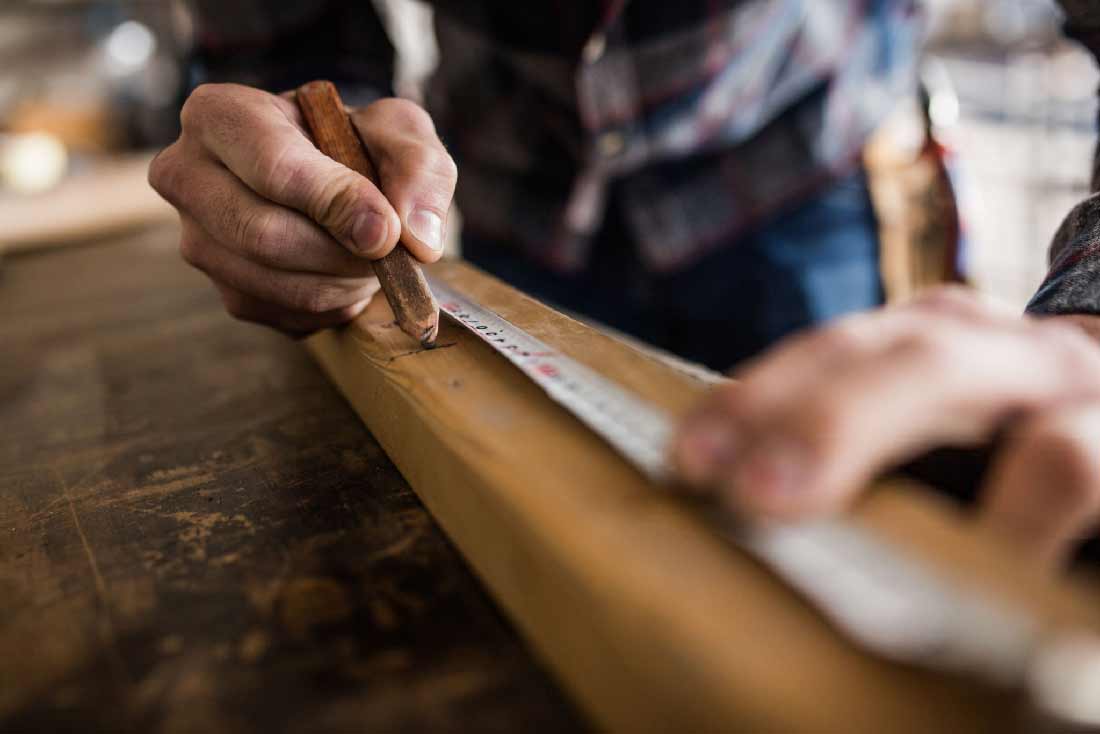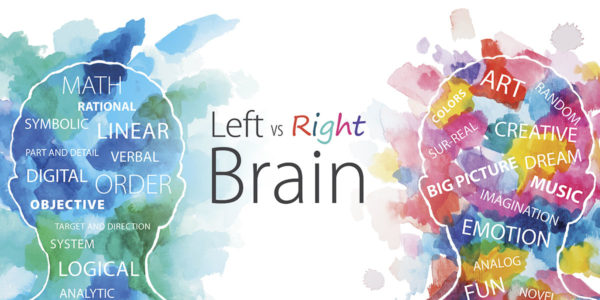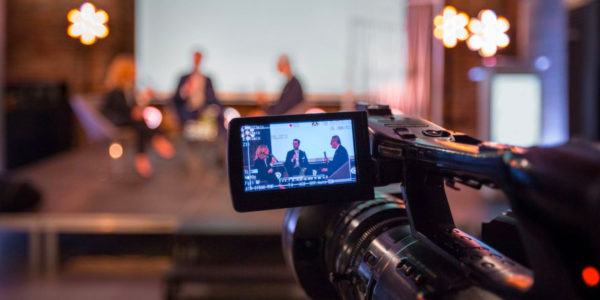The beliefs we hold about the history of an object greatly influences how we ascribe value to it.
That’s why “hand-made” or “hand-grown” adds no utilitarian value to an object, but for some reason, significant monetary value. People are willing to pay more for products with special origins.
A box of chocolates can cost $50, if it is exposed to meditating monks for five days, as in the case of Intentional Chocolates. However, a box of Hershey’s will only sell for roughly $6, because, frankly, an industrial factory is not quite as romantic or as picturesque a heritage as a secluded monastery in the far-off goat-laden mountains of Tibet.
Likewise, a good pair of shoes can cost $40, or they can cost $10 million, if they happen to be the pair thrown at George Bush in 2008. Keep in mind that these are actually used shoes, which would typically cost one-one hundred thousandth of what was paid for the Bush pair.
People equate authenticity with meaning. After all, can a life be real if it is made up of experiences that are fake? Marketers need to realize that they are selling an experience, not a product, and that experience is much more valuable if it is in some way, authentic. In the case of Intentional Chocolate, the buyer pays $50 not for the material chocolate, but to feel the energies in the chocolate—which are more likely from sugar than from any sort of spiritual power.
So creating authenticity is important. But how to do it?
Business consultant Joseph Pine gives three basic points of advice: know your heritage, sell your heritage, and remain true to your heritage.
Here is an example of a company that lost sight of their heritage, and suffered for it:
Fifteen years ago, Disney was one of the best-known family-values companies. It bought ABC Networks, also known for its family values. Then it mistakenly bought Miramax, known not for its values, but for its NC-17 content. The whole authenticity of Disney’s heritage was lost. Although the content on Disney networks stayed the same, viewers could no longer trust that the programs they were watching had authentic family values, damaging their relationships to the brand.
So understand what your brand or product’s heritage means, for whom it is meaningful, and how it limits the decision-making future of your brand/product (a step that Disney did not take when contemplating the Miramax decision). With a knack for storytelling, generating authenticity is an incredibly easy and effective way to create value, and should not be overlooked.









